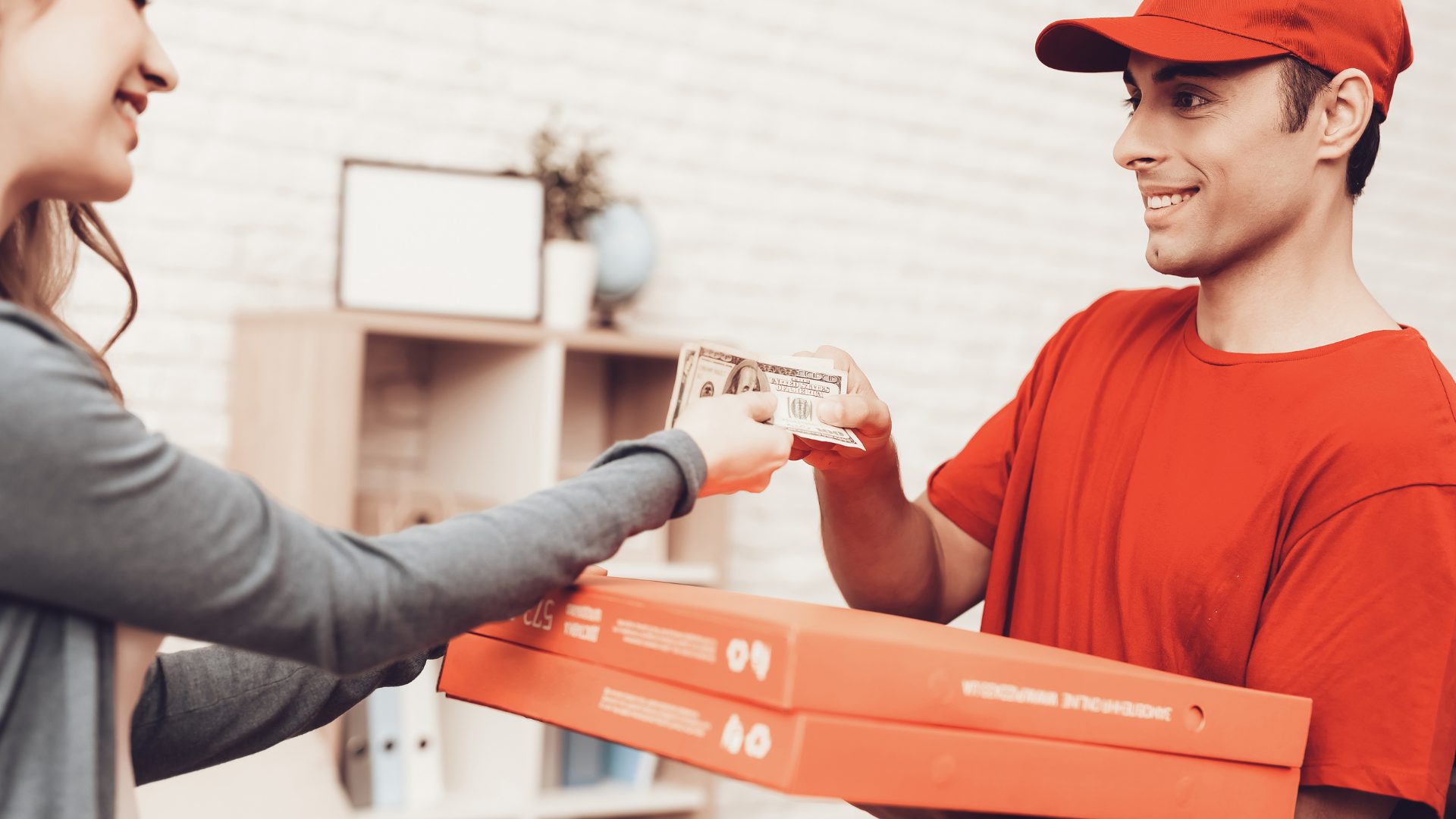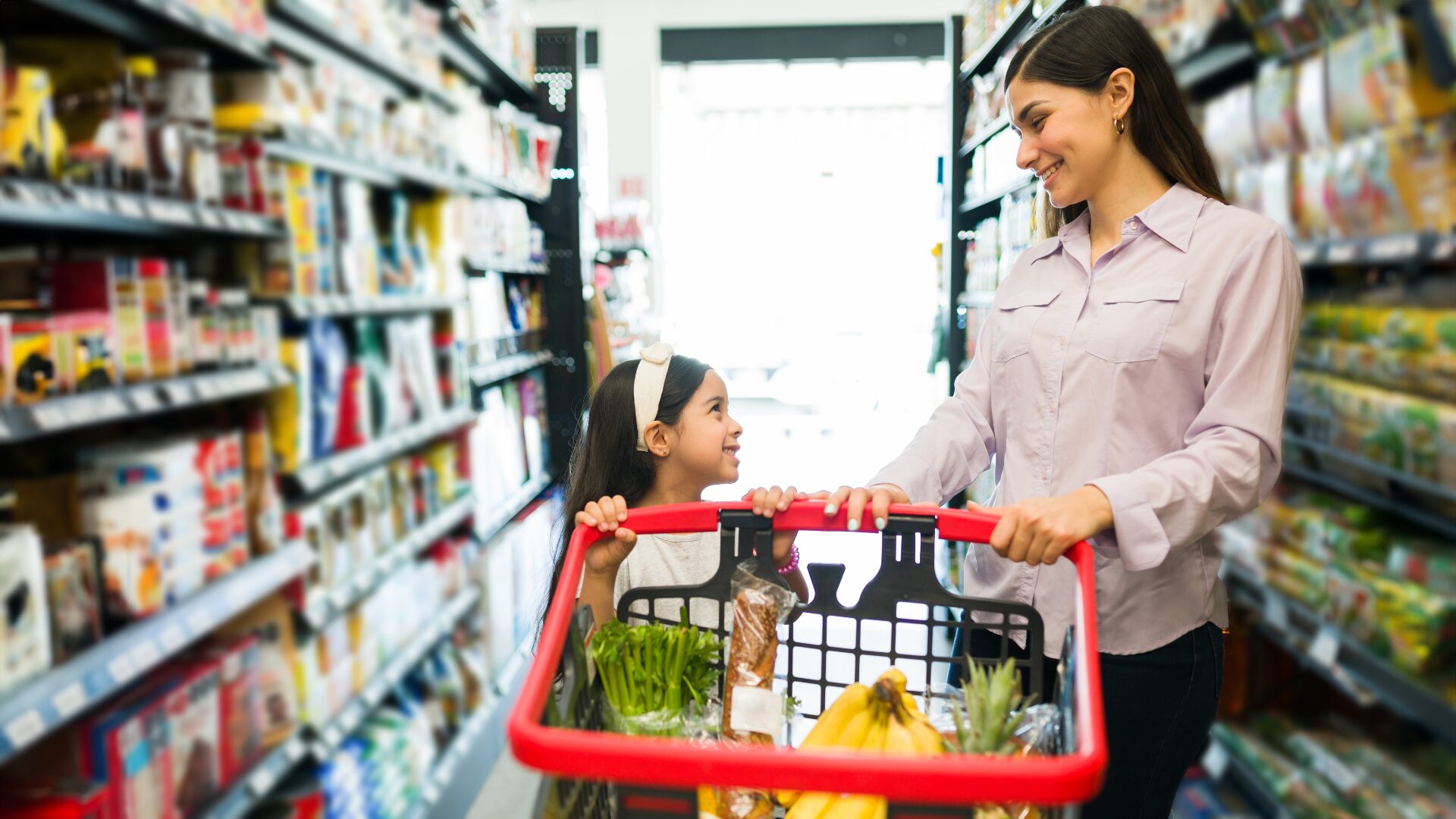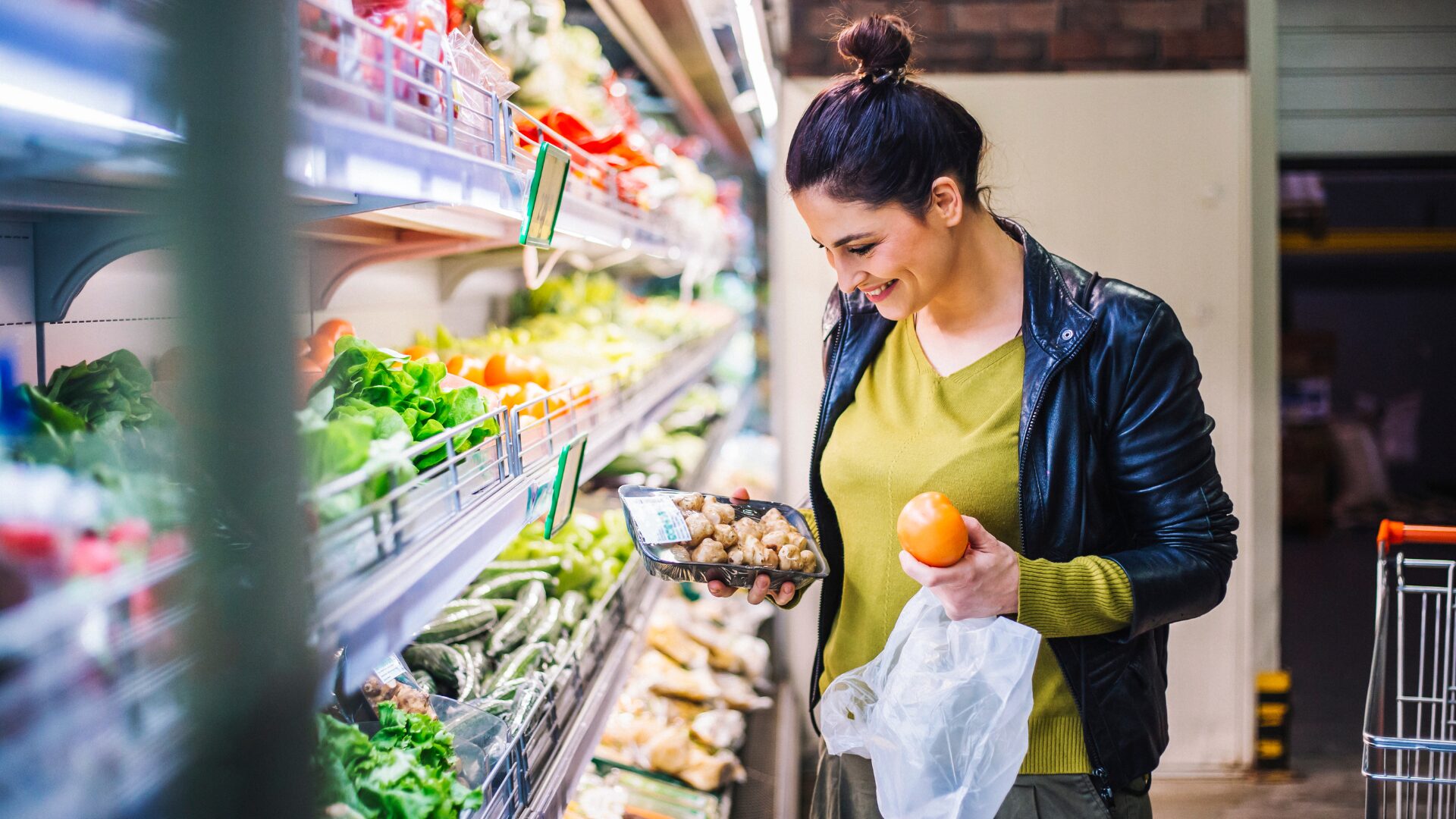As Chinese consumers stay home to avoid the coronavirus, delivery and e-commerce companies have an opportunity for growth.
People are turning to ordering groceries online from companies with quick delivery times, reported CNBC (Feb. 6). JD.com affiliate Dada, which delivers for Walmart and other local grocery chains, said sales more than quadrupled from a year ago during the 10 days of the Lunar New Year holiday.
However, the coronavirus also has the potential to negatively impact businesses.
In Retail
China’s biggest e-commerce company Alibaba is dealing with challenges in its delivery efforts during the crisis.
“The outbreak is having significant impact on China’s economy and may potentially affect the global economy,” said CEO Daniel Zhang. “It will present near-term challenges to the development of Alibaba’s business across the board, but at the same time, we will see opportunities created by the forces of change.”
For the company’s e-commerce business, the delay in employees returning to work following the Spring Festival holiday is preventing merchants and logistics companies from resuming operations, according to Zhang. For the first two weeks after the Chinese New Year, the company observed negative impact on its commerce business as merchant operations have not returned to normal and a significant number of packages were unable to be delivered on time.
“In our new retail business, Freshippo and Taoxianda’s average basket size increased significantly as a result of consumer migration to online purchasing of fresh food, groceries, and a broader selection of daily necessities,” said Zhang. “However, limitations in delivery capacity is preventing order volume from fully recovering.”
Food delivery orders also declined noticeably year-over-year, as many restaurants have not resumed normal operations. However, other categories, like grocery shopping increased sharply.
“Because we’re only halfway through the March quarter and because there’s still uncertain ongoing development of this coronavirus, it is really difficult for us to have accurate estimation for the full financial impact for this March quarter,” said CFO Maggie Wu. “But…our overall revenue growth rate we believe will be negatively impacted for March quarter.” Wu noted the company’s businesses, which rely on physical means of production on supply side, would even show negative revenue growth for the quarter—such as China retail marketplace and local consumer services.
Meanwhile, the direct effect of coronavirus on Amazon’s sales could be positive if consumers stay at home rather than going out to shop, according to Kerry Murdock, editor and publisher of online magazine Practical Ecommerce. Yet, she noted coronavirus could negatively impact all businesses—including Amazon—if consumers get spooked enough to start saving up their money more.
“A disruption in the availability of China-manufactured goods could eventually impact Amazon if resellers and direct-to-consumer manufacturers cannot obtain the inventory,” Murdock said. “Amazon’s sales in China are small and immaterial to the company’s overall top- and bottom-line results.”
Contactless Foodservice
Although food delivery in China has normally considered to be for those who eat alone, the country is experiencing a significant increase in orders meant for more than one person, reported Business Insider (Feb. 18).
Meituan, a major food delivery company in China, is seeing a dramatic change in customers’ food consumption in the wake of the virus. According to a spokesperson from Meituan, more than 80% of all orders made during the two-week period between Jan. 26 and Feb. 8 requested a contactless delivery service. Sixty-six percent of all customers selected the service option for every order they placed in that period.
Meituan piloted contactless delivery in Wuhan on Jan. 26 and quickly rolled out the service across the country within a week. Other delivery providers such as Ele.me and chains like KFC quickly followed suit launching similar services in the country.
With each Meituan contactless delivery order, customers receive physical cards stating the temperatures of all people involved in the cooking and delivery process, as well as whether the couriers disinfected their equipment that day.
The courier will drop the order at a location the customer requests in advance and then calls the customer to pick it up, avoiding meeting in person all together.
Among all contactless delivery orders, the company’s data showed about 10% were made in a city different from the one on the delivery address, likely coming from those who live away from friends and family.









